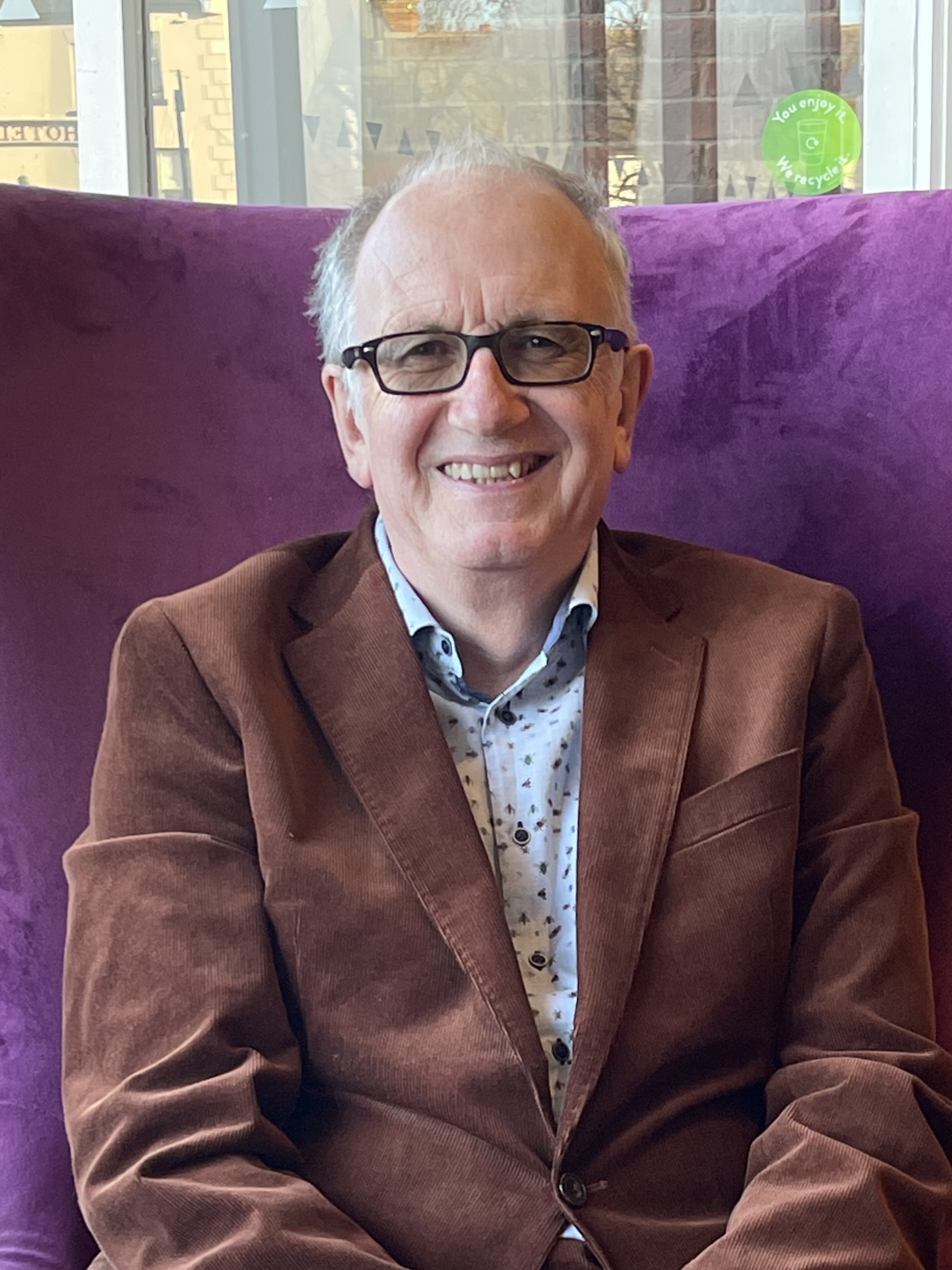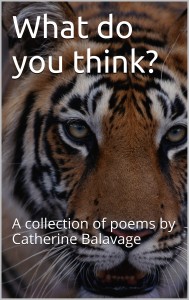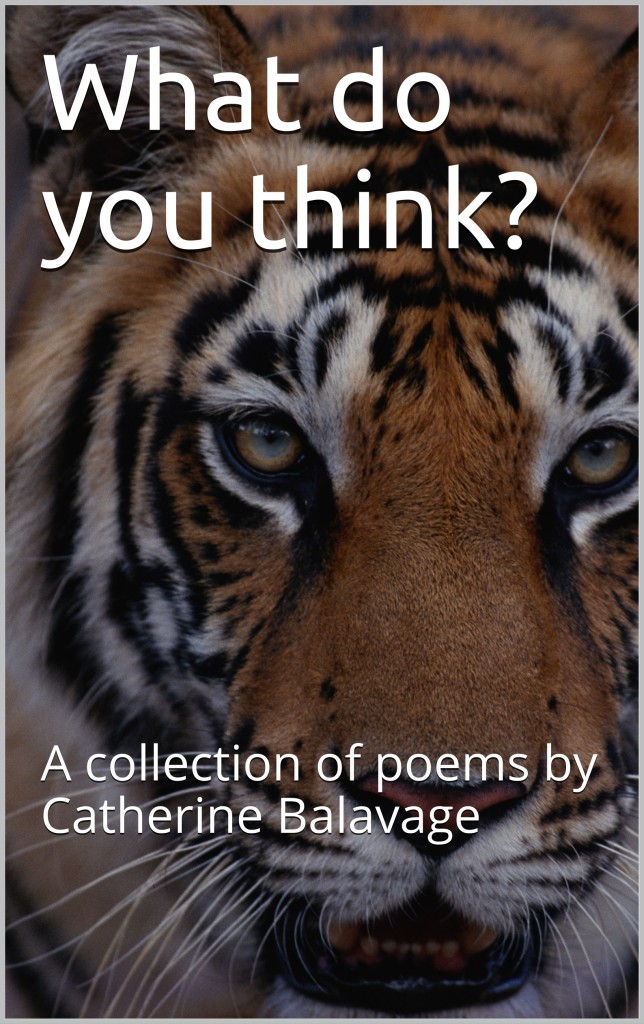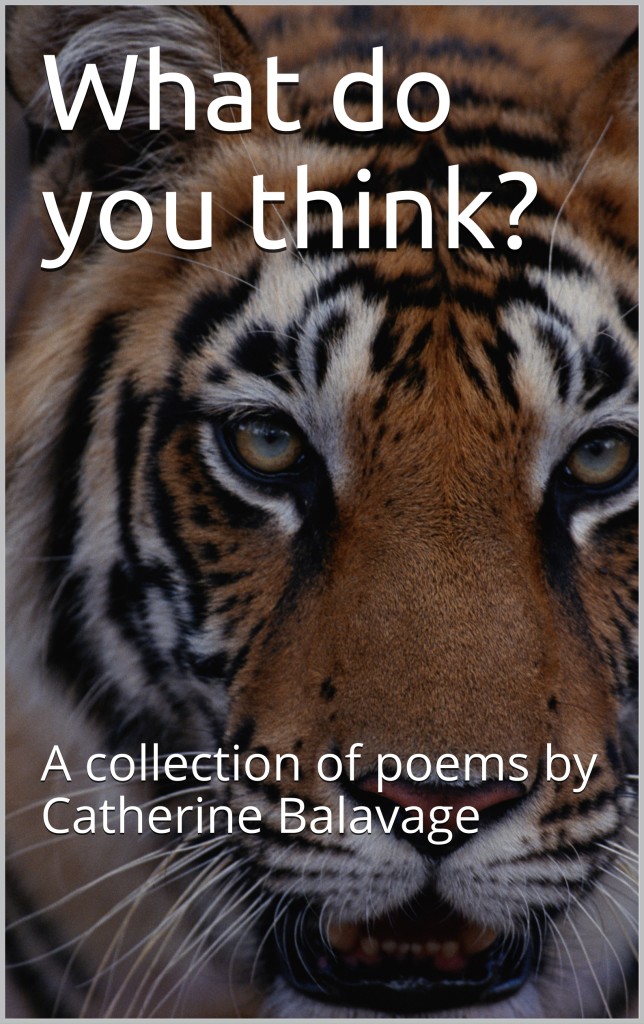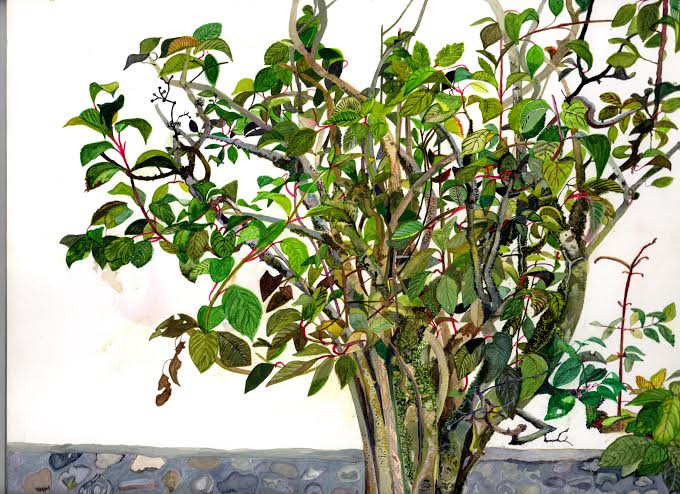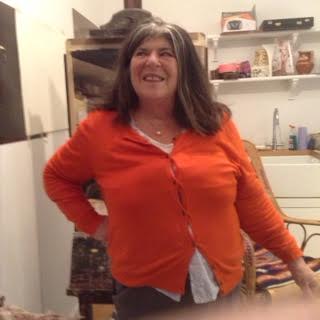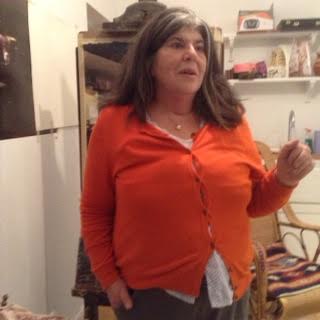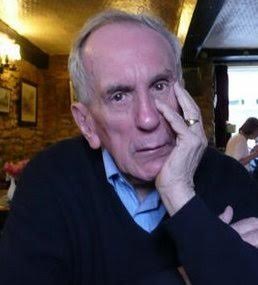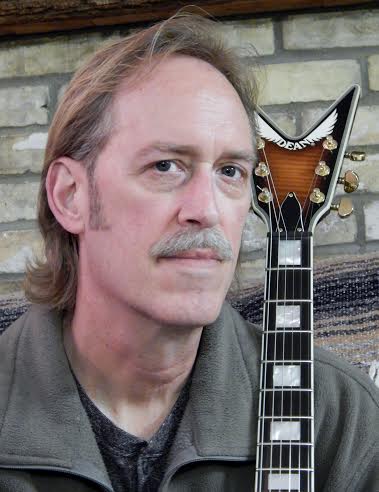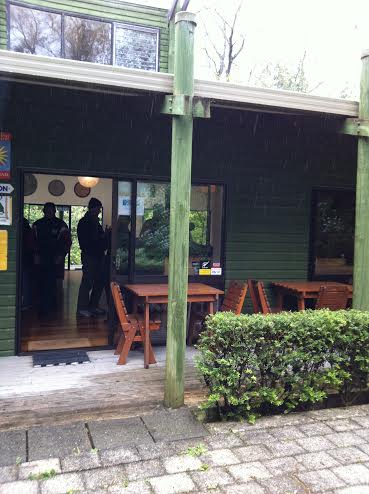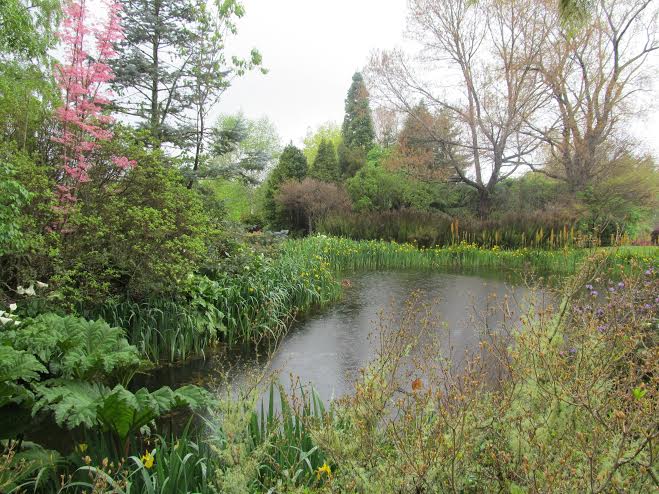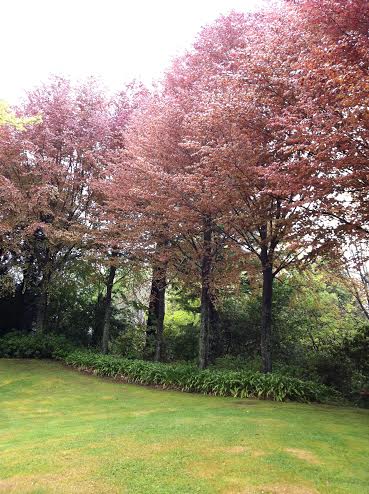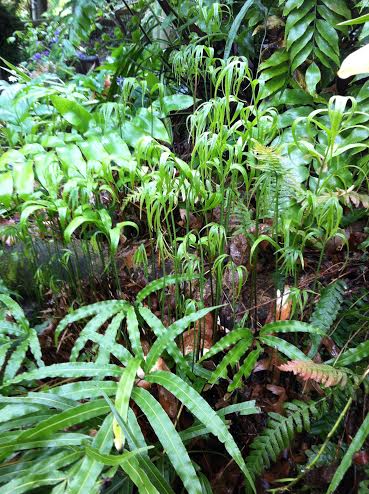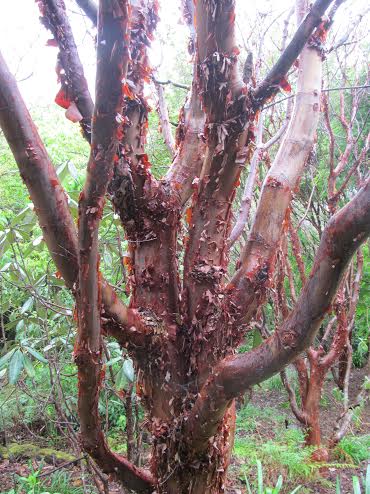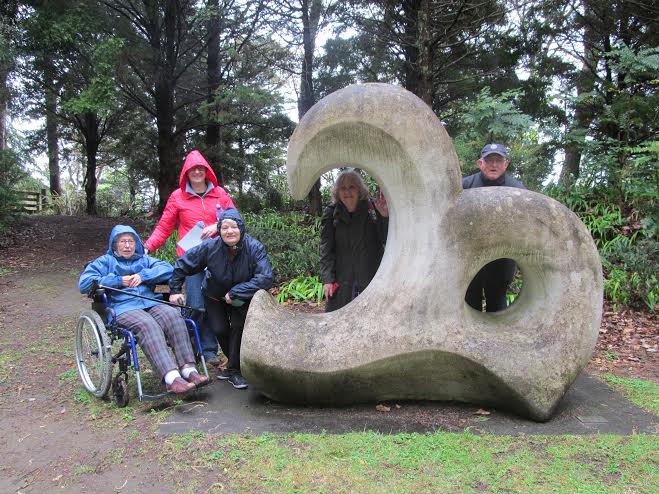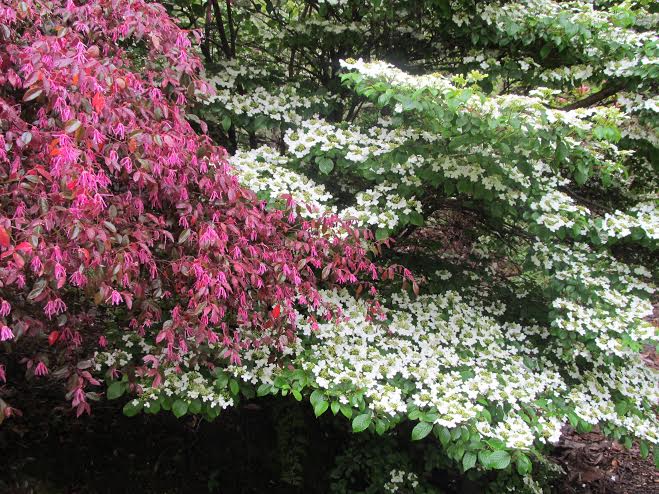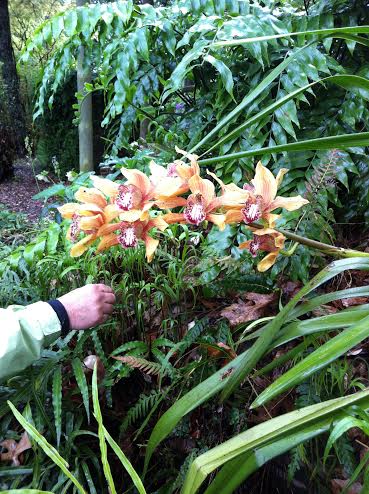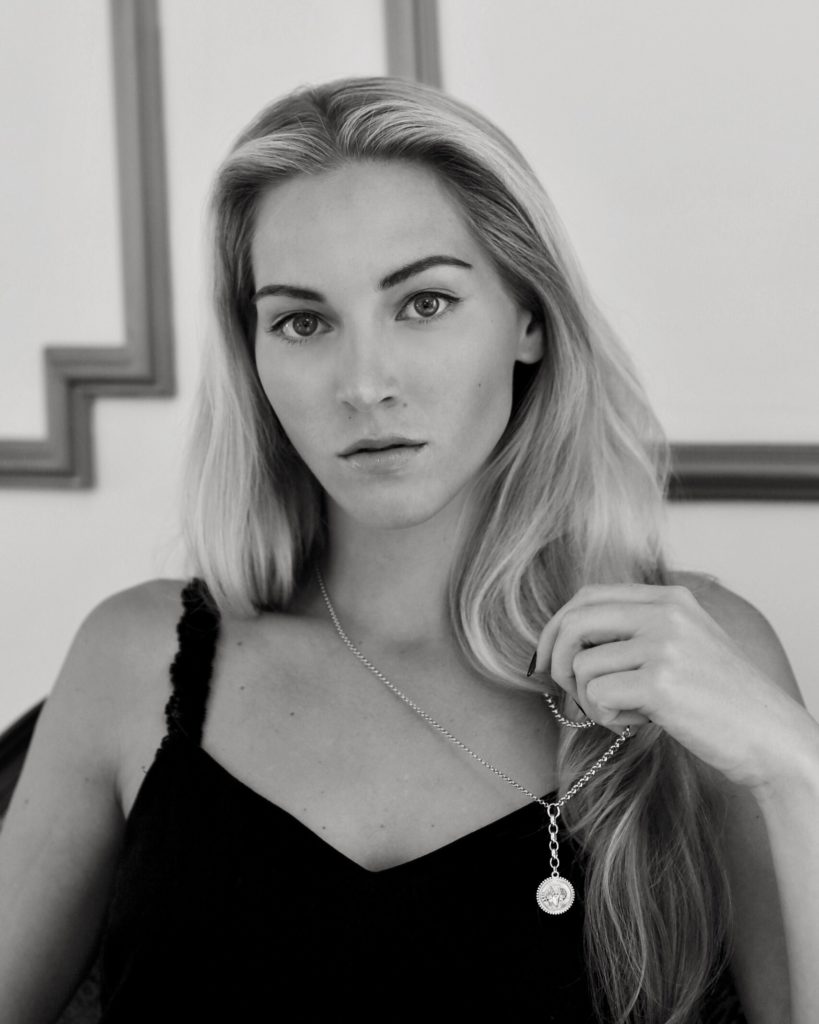 High Tide, the debut collection of poetry by the Instapoet, Arch Hades, is making waves in poetry and social circles. In this Frost Magazine exclusive, we find out more about the writer behind the verse.
High Tide, the debut collection of poetry by the Instapoet, Arch Hades, is making waves in poetry and social circles. In this Frost Magazine exclusive, we find out more about the writer behind the verse.
By Lucy Bryson
Q: Were you aware of the ‘Instapoets’ concept when you first began writing? Have you witnessed any snobbery from traditional literary publications towards ‘Instapoetry’?
A: Yes, I was aware of the ‘Instapoets’ concept. I can’t say I’ve experienced any snobbery (I, of course, only speak for myself). I’m just a poet who shares some of my work on that platform. We live in a sharing society, Instagram has done wonders for poetry, not only has it helped people re-connect to this form of expression, it has done so very successfully and on such a large scale that I will gladly applaud the medium for this revival.
If anything, I hope traditional literary publications rejoice at this new-found popularity of poetry and especially the new-found interest people express in their own publications.
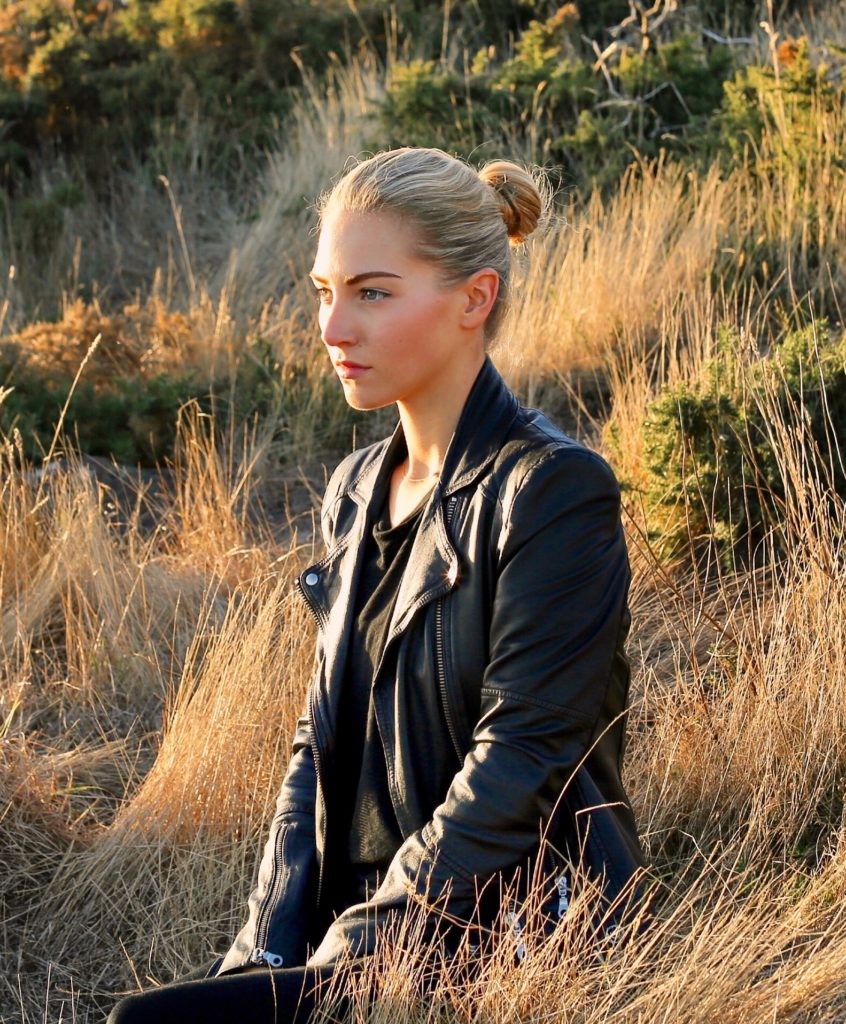
Q: Your work is personal and emotional – did you feel any vulnerability when you first published your poems online? Are there any experiences you would say are out of bounds in sharing with readers?
A: I can’t say I felt particularly emotionally vulnerable when first sharing my poetry. I’ve always been very honest with people and very open. I don’t see the point of not saying that I mean and not meaning what I say. I want to continue being raw and open and emotional, I don’t want to shy away from it, I want those who do share in loss and heartbreak to feel they are not alone, I want to connect with them and support them.
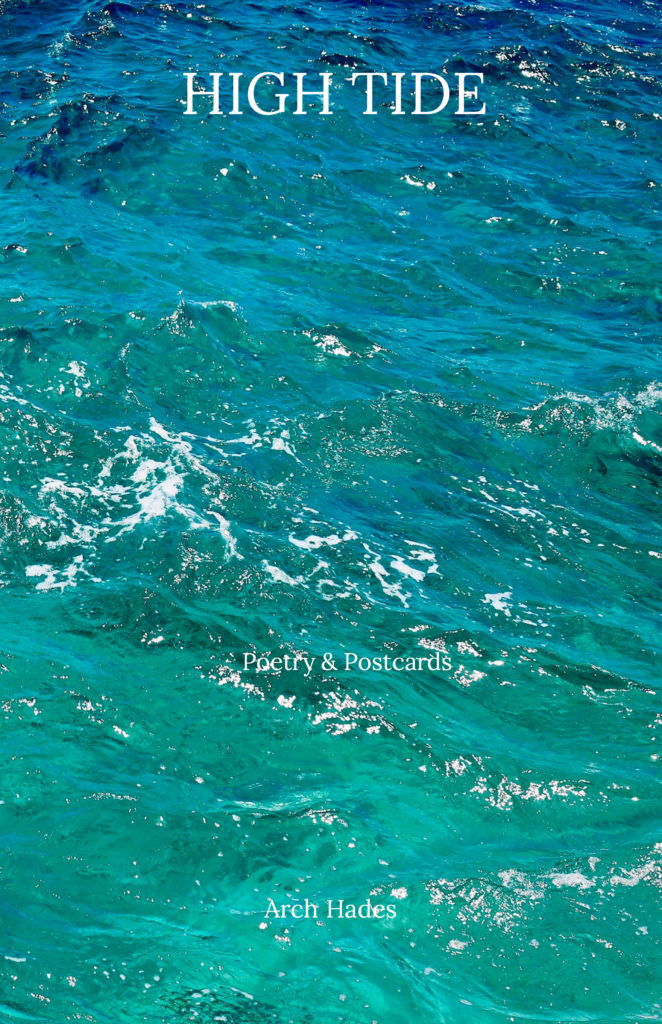
Q: Can your Instagram followers expect to see new, previously unpublished work in High Tide?
I only began posting online after the publication of High Tide, so far I’ve only posted fragments of poetry, and I am grateful that the reception has been warm, so yes, I will estimate that the vast majority of High Tide is yet unseen by my followers (apart from those who bought the book already).
Q: Have you always sent postcards while travelling? Did you have any reservations about sharing this personal correspondence in your book?
A: Sending postcards is an old sentiment of mine that originates from my school days. I spent seven years in an all-girls boarding school where cell phone use and access to social media were very restricted. However, we were allowed to post letters and that became my outlet. Handwritten letters and postcards are a form of art in themselves. When you have a limited amount of physical paper to write on, suddenly, you have to be concise, thoughtful and eloquent. It was a challenge at first – when you can write anything, but, you can only write a few sentences. It’s a beautiful game. One doesn’t easily discards letters too. You write your girlfriend a letter, I promise you, whatever happens, she is going to keep that forever. I began writing to my best friend Bobby more than ten years ago, who attended an all-boys boarding school, and we’ve kept it up ever since.
Postcards, I would say, aren’t particularly personal, at least not my own. I use postcards to capture a momentary state – the external and internal. How wonderful it is to then read again and be transported back to that moment and my frame of mind during writing. I want to encourage more people to write postcards. Not just for future nostalgia, but because at the time of writing it helps you to be present and reflective.
Q: Poetry is often viewed as an elitist and difficult form of literature for the ordinary person. Do you think this is a fair assessment, and do you feel that the new wave of online poetry is encouraging young people to become interested in the art form?
A: I understand how people in Britain might perhaps feel estranged to poetry. The most famous British poets are traditionalist like Shakespeare, Byron, Blake, war poets like Aldington and Blunden and more recent poets like Larkin – who are all brilliant and I admire them greatly, but their writing can alienate readers in terms of language, and also in terms of the topics that they wrote about, that the young generation may be alien to. I’ve had conversations about poetry where someone will comment – Shakespeare isn’t for me, poetry isn’t for me. So perhaps poetry can strive to be more inclusive, and perhaps there needs to be a greater awareness of how broad poetry is.
I of course celebrate new mediums like Instagram, that have certainly made poetry more accessible and have also encouraged so many young people to pick up their pens too. Poetry is a beautiful form of expression and I want to encourage it to all and any.
Q: In what way was writing the poetry ‘cathartic’? Does your new poetry reflect a more peaceful state of mind, and how does that affect your creativity?
A: Cathartic is an appropriate word here. My grandfather (also a poet) used to tell me that a problem well stated is a problem half-solved and I can honestly say I used this form of expression to help me through some difficult times. Unfortunately, I have not found my peace yet, but that doesn’t limit me to writing only about turbulent, sad times, there have always been serene moment of love and peace, I just have to focus on those at times and remain hopeful for the future.
Q: What would you say is the poet’s function in society?
A: In 1825 Pushkin declared that ‘the history of the people belongs to the poet’. They say if you want to know what happened, ask a historian, but if you want to know what it meant, ask a writer. I doubt I’ll be writing history or what it meant, I just want to capture what’s going on around me and how it’s changing.
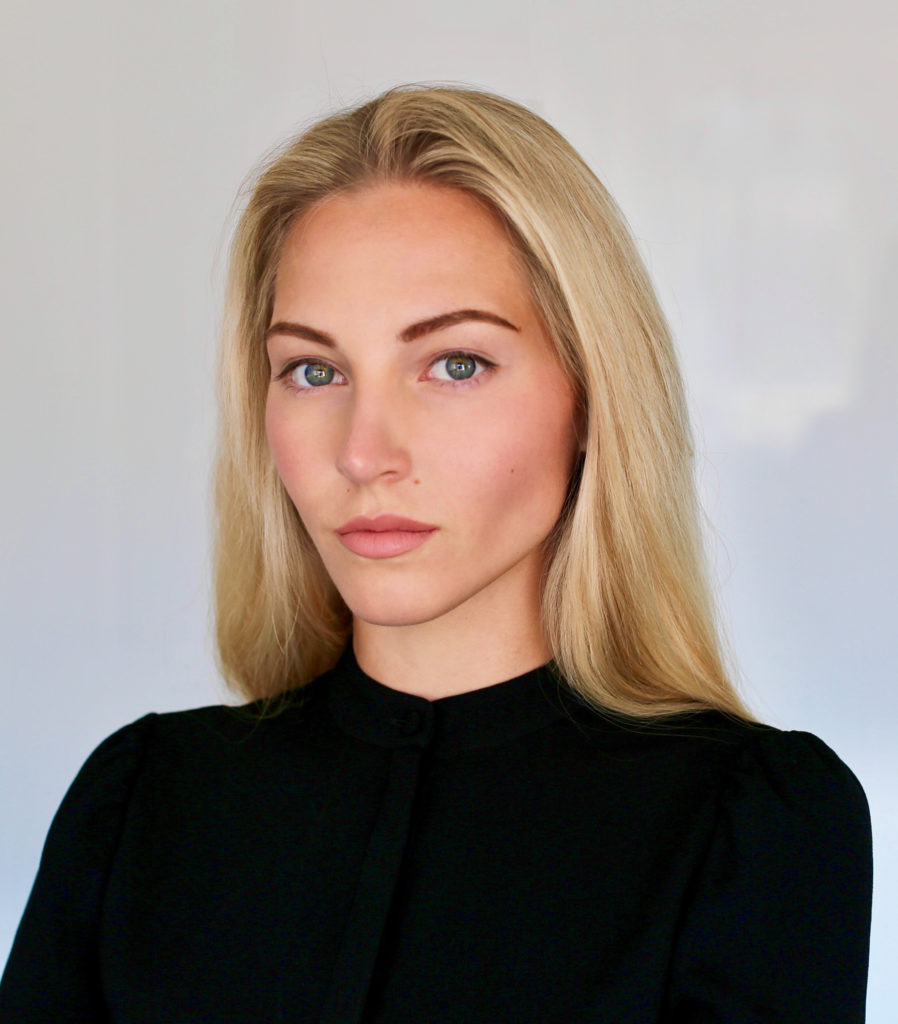
Q: Why do you think your work resonates so strongly with others around the world, and how do you think reading your work can help others heal their own heartbreak?
A: Emotions are universal, we’re all human, we all have feelings and we all don’t like feeling alone. In times of heartbreak, loss, lethal love, unrequited lust and failure, we feel a touch of redemption and solace when we feel we are not alone, that somewhere out there someone also felt that way, and hopefully they don’t feel that way any anymore. It brings us peace, it strengthens us. If that person conquered it, so can I. Luckily, when I started sharing some extracts of my writing, the reaction was very positive and I’m so grateful for it. I’m so glad people find my obscure sorrows and heartaches relatable and when they tell me it helps them feel less alone, it helps me feel less alone too.
Q: Finally, what three poets, classic or modern, would you recommend to people wanting to discover the joys of poetry, and for what reasons?
A: Three is difficult, as there are dozens I admire. It’s no surprise that I will recommend the confessional poets of the 1950s – Anne Sexton in particular – whose style I believe is very relatable and accessible.
A traditional poet I would recommend – Alfred Lord Tennyson – ‘The Eagle’ is a nostalgic favourite from my school days, that warmed me to poetry in the first place.
And something more Instagram friendly – R H Sin – wonderful and warming.
High Tide: Poetry & Postcards by Arch Hades is an original collection of poignant and relatable poetry about love and loss, which capture a troubled year in the life of the author. It is available now on Amazon UK priced £5.99 in paperback and £4.99 as an eBook. Follow Arch on Instagram @archhades.

